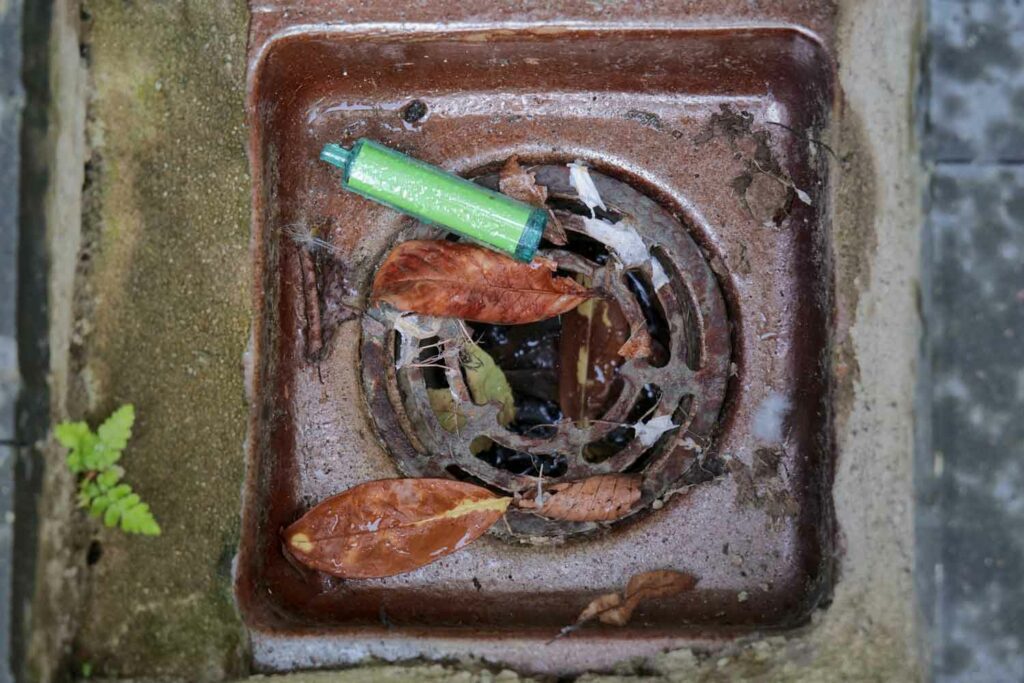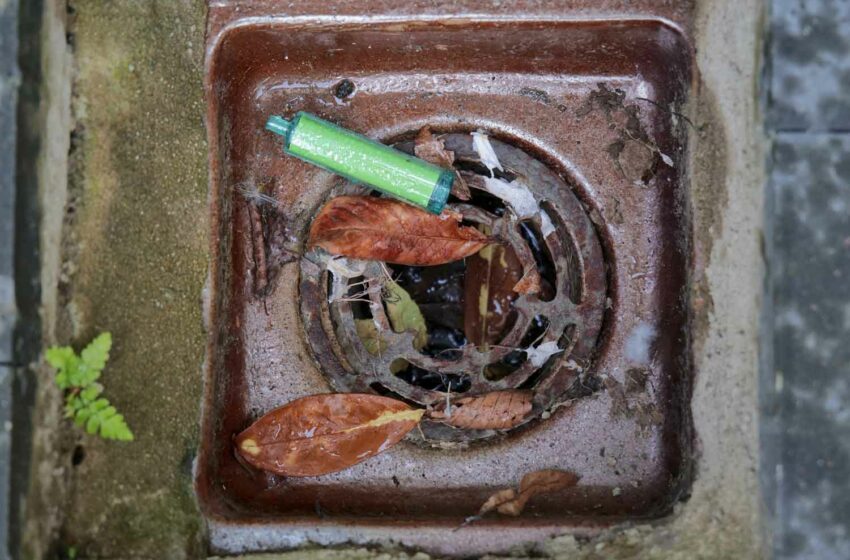
Disposable e-cigarettes are creating a new waste management challenge for U.S. local governments. One of the main issues is that the battery-powered products are classified as hazardous waste.
The devices, which contain nicotine, lithium and other metals, cannot be reused or recycled. Under federal environmental law, they shouldn’t go in the trash.
“We are in a really weird regulatory place where there is no legal place to put these and yet we know, every year, tens of millions of disposables are thrown in the trash,” Yogi Hale Hendlin, a health and environmental researcher at the University of California, San Francisco, told the Associated Press.
In late August, sanitation workers in Monroe County, New York, packed more than 5,500 e-cigarettes into 55-gallon steel drums for transport to a giant industrial waste incinerator in northern Arkansas, where they would be melted down. Local officials said it’s the only way to keep the devices out of waterways and landfills.
“These are very insidious devices,” said Michael Garland, director of the county’s environmental services. “They’re a fire risk, and they’re certainly an environmental contaminant if not managed properly.”
Elsewhere, the disposal process has become both costly and complicated. In New York City, for example, officials are seizing hundreds of thousands of banned vapes from local stores and spending more than $1 each for disposal.
Vaping critics say the industry has skirted responsibility for the environmental impact of its products while federal regulators have failed to force changes that could make vaping components easier to recycle or less wasteful.
Disposable e-cigarettes currently account for about 53 percent of the multibillion U.S. vaping market, according to U.S. government figures, more than doubling since 2020.











